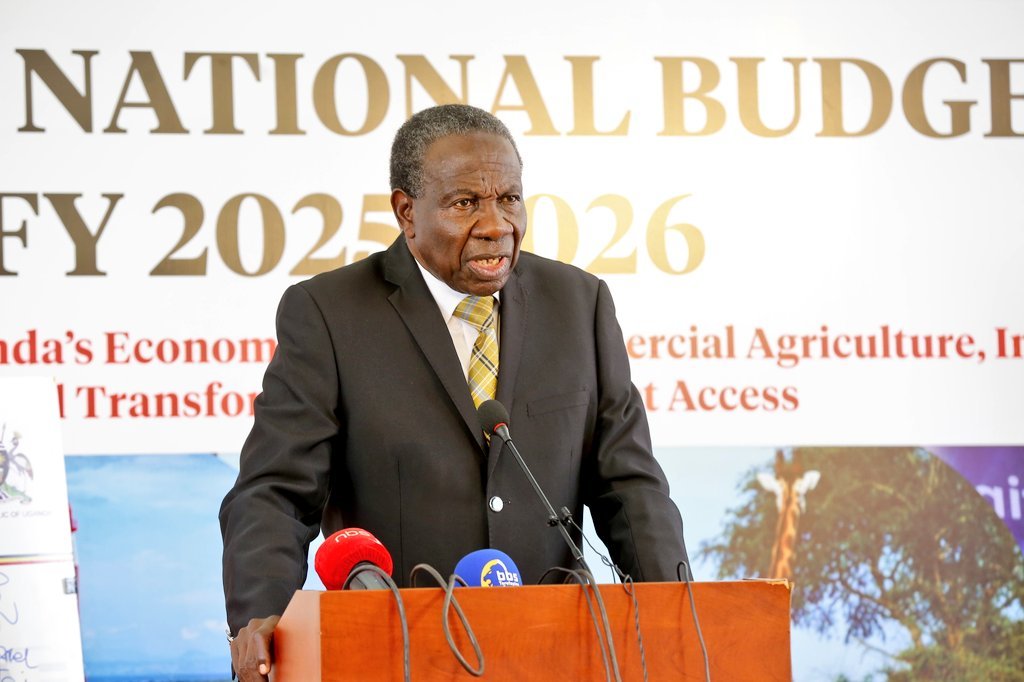
Uganda’s Economy Accelerates, Posts 6.3% Growth in FY2024/25
KAMPALA – October 2025 – Uganda’s economy expanded at a stronger pace in the last financial year, with growth rising to 6.3 percent in FY2024/25, up from a revised 6.1 percent the previous year, according to the latest Performance of the Economy Report for September 2025 released by the Uganda Bureau of Statistics (UBOS).
The report attributes this robust growth to a combination of increased aggregate demand, heightened investments, and stronger export performance, which fueled growth across the key sectors of agriculture, industry, and services.
Government initiatives were cited as major catalysts for this expansion. Programs such as the Parish Development Model (PDM) and Emyooga, alongside other public investments, were instrumental in stimulating economic activity. This was further supported by favorable weather conditions for agriculture and a stable macroeconomic environment, which collectively boosted production and private sector productivity.
Positive Outlook for New Financial Year
The momentum appears set to continue into the current financial year (FY2025/26). The report highlights that high-frequency indicators of economic activity showed further improvement in the months leading to September 2025, signaling a positive start to the new fiscal period.
Shilling Strengthens Against the Dollar
In a significant development, the Ugandan Shilling continued its appreciation against the US Dollar in September 2025. The local currency gained 1.8 percent, exchanging at Shs 3,507.79 per USD compared to Shs 3,573.13 in August.
The strengthening of the shilling is being driven by several factors, including activity from offshore investors, sustained inflows from coffee and mineral exports, Foreign Direct Investment (FDI), and a boost in remittances from Ugandans living abroad.
Export Earnings See Temporary Dip
Despite the positive long-term export trends, the report noted a short-term setback in export receipts. Compared to July 2025, Uganda’s export earnings declined by 15.4 percent to fall from USD 1,248.04 million.
This decline was primarily due to lower international earnings from key commodities. Earnings from coffee exports, a major foreign exchange earner, dropped by 18.7 percent to USD 202.75 million. The fall was attributed to a decrease in both the volume of coffee exported and a dip in the global price for Ugandan coffee during the period.
Other exports that saw a decline included cocoa beans, tea, flowers, and base metals.
Overall, the report paints a picture of an economy on a solid growth trajectory, bolstered by government intervention and private sector activity, even as it navigates short-term volatilities in the global commodity markets.








